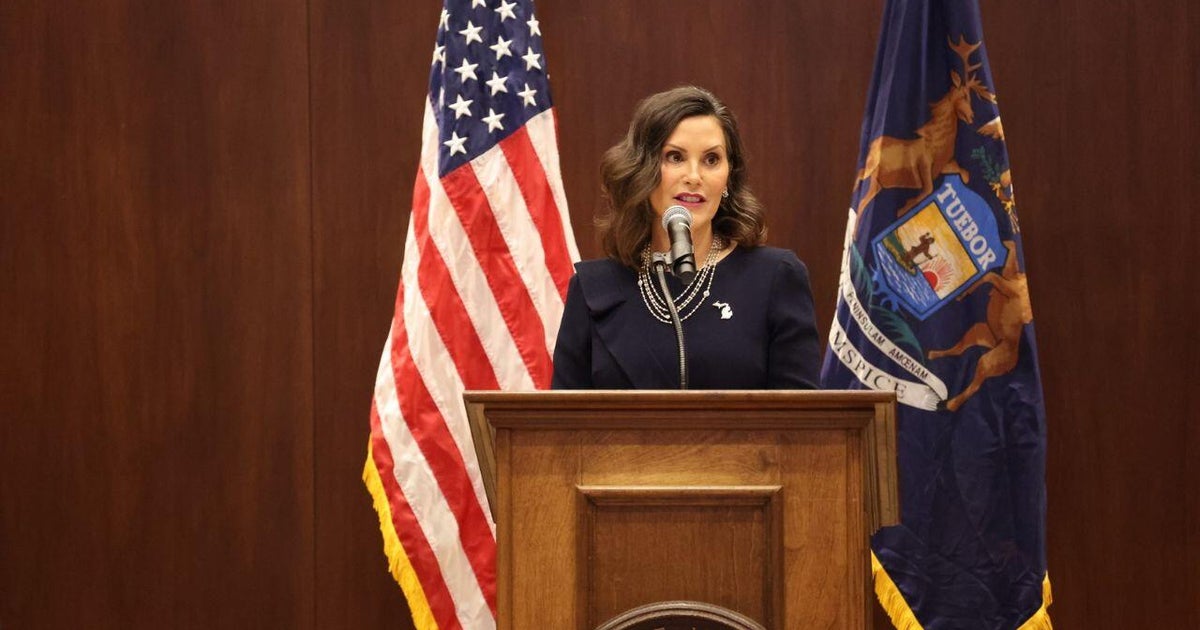Murphy's Plan For Free NJ Tuition Nears, But Cost Worries Remain
ELIZABETH, N.J. (CBSNewYork) -- New Jersey is set to begin the first phase of Gov. Phil Murphy's community college free tuition initiative, with funding for the plan included in the state's budget for fiscal year 2019.
So who is footing the bill? CBS2's Meg Baker investigated.
Murphy's pilot program includes $20 million for community college opportunity grant awards to be applied directly to eligible student accounts.
Take the case of Jean Zesir, a father of three, a Kean University student and full-time worker. He says the weight of his college loans often make it tough to concentrate, so he's all for Murphy's plan for free community college.
"I'm still paying, because I'm working as well, I pay tax," he said.
"I think a lot of people need that in their lives, because a lot of people are misguided nowadays," said Union County College student Yackazoe.
Some taxpayers faced with supporting the program are skeptical.
"Free tuition, I don't know who is going to pay for it but it means higher taxes," said Danny Turitz, a Union County resident.
Between 30 to 40 percent of students at Union County College already attend school for free through federally funded scholarships, but the president says there is still a great need for help.
"There are a cluster of students in the middle who are not eligible for either full financial aid," said Margaret M. McMenamin, President Union County College. "These are the working poor.""
Students with adjusted gross incomes under $45,000 who take six or more credits may qualify to receive the cash to cover tuition and other educational fees. But as state Republicans point out, the money has to come from somewhere.
"Nothing is really free in the state of New Jersey. We are the highest-taxed state in the country. We had an percent spending increase over the course of the last budget cycle," said State Sen. Tom Kean.
"Taxpayers pay the price for poverty," said McMenamin. "Taxpayers pay the price for incarceration. This is an opportunity for tax dollars to go to something will really help transform our communities one student at a time."
Before handing out money, Kean says the college funding formula should be looked at. It has not been updated since the 1960s when Rutgers became a state university.







